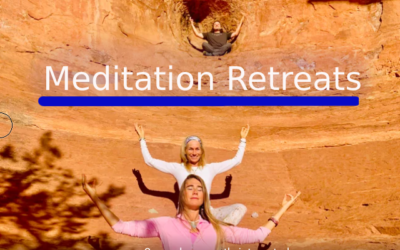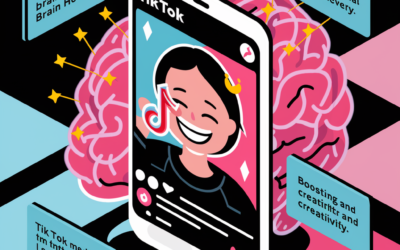Huberman Lab: Dr Andrew Huberman walk us through his personal example of experiencing the ultimate dopamine signal when losing a letter at the beach. Before that he explains how the left dorsal lateral prefrontal cortex can calm us down by accessing different rule sets which can be useful as a way to reduce anxiety without medication and shows the benefit of reframing or reappraising stimuli in less maladaptive ways.
This can also be considered a style of cognitive reappraisal. Cognitive reappraisal is a strategy that involves reinterpreting or reframing events or thoughts in a more positive or constructive way. This can improve well-being by reducing negative emotions and increasing positive emotions, reducing stress and anxiety, and in helping individuals develop a more adaptive and resilient mindset. Additionally, cognitive reappraisal can improve one's overall mood and outlook on life, leading to a greater sense of satisfaction and happiness.
How can thinking in new ways change brain pathways and what parts are involved?
The parts involved are mostly to do with the vagus nerve, the left dorsal lateral pre-frontal cortex, the anterior cingulate cortex, hippocampus and the insula.
Thinking in new ways, such as using different rule sets, calms the body and reduces anxiety.
Dr Andrew Huberman gives us a detailed explanations on how this works.
How to reduce anxiety without medication?
There are several such as:
- Exercise: Regular physical activity has been shown to reduce symptoms of anxiety and improve mood.
- Relaxation techniques: Techniques such as deep breathing, meditation, and progressive muscle relaxation can help to calm the body and reduce anxiety.
- Cognitive behavioral therapy (CBT): This type of therapy focuses on changing negative thought patterns and behaviors that contribute to anxiety.
- Mindfulness: Practicing mindfulness, or paying attention to the present moment without judgment, has been shown to be effective in reducing anxiety symptoms.
- Lifestyle changes: Making changes to one's lifestyle, such as getting enough sleep, reducing caffeine intake, and managing stress through activities like yoga or hobbies, can also help to reduce anxiety.
- Social support: Talking to friends, family, or a mental health professional and seeking support from others can help to reduce feelings of isolation and improve overall well-being.
One of the smallest and effective ways to reduce anxiety is by accessing different rule sets. This is like using some CBT on yourself by changing the way your wording about the slings and arrows of life. Instead of measuring things in the way (framing) that generates a stressful frame, understand that there are also points of view that are of a completely different nature. After all, solutions are a different nature to problems. By beginning to train your brain to consider alternate perspectives, can get you out of the problem frame and into anywhere that is 'not problem.'
For online therapy visit: https://reprogrammingmind.com/Online-Therapy
Therapy App with Free Trial: https://headspace.pxf.io/freetrial























